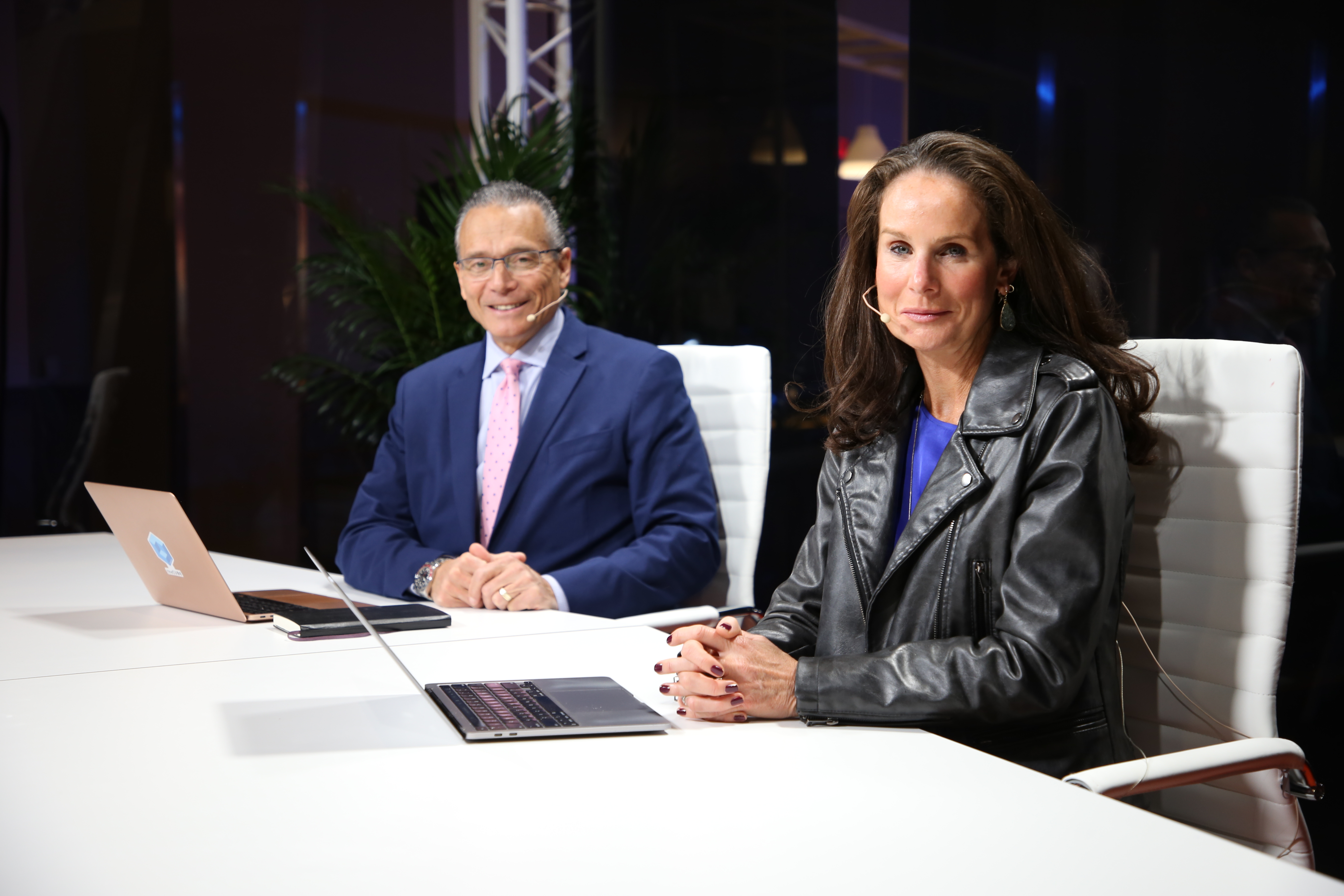 AI
AI
 AI
AI
 AI
AI
Agentic automation is rapidly reshaping the future of enterprise workflows as organizations seek more advanced ways to integrate artificial intelligence and robotics into their operations.
Moving beyond single-agent systems, which are often seen as limited and rudimentary, the focus is shifting toward orchestrating multiple agents, robots and AI models to create seamless, intelligent ecosystems, according to Dave Vellante (pictured, left), chief analyst at theCUBE Research. As enterprises begin to explore secure governance models for these technologies, they are preparing for a future where AI-driven systems eliminate friction between humans and technology, promising more efficient and scalable operations across industries.

TheCUBE Research’s Dave Vellante talks about agentic automation.
“The way it’s going to evolve is you’re never going to eliminate those stove pipes,” Vellante said. “There’s just a too much control by the ISVs that they can add value, where the super app won’t be able to. The market will demand greater simplicity. For those companies like UiPath that can deliver that, I think they’ll do very well and they’ll pick up a really meaningful, fair share of the market.”
Vellante was joined by co-host Rebecca Knight (right) for the Day 2 Keynote Analysis at UiPath Forward 2024, during an exclusive broadcast on theCUBE, SiliconANGLE Media’s livestreaming studio. They discussed the growing importance of agentic automation in reshaping enterprise workflows by moving beyond single-agent systems toward orchestrating multiple AI agents and robots. (* Disclosure below.)
At the forefront of this transformation is the concept of agentic orchestration, which integrates various AI agents, robots, people and models into a cohesive framework. This orchestration aims to streamline workflows across different levels of an organization by using intelligent systems that are governed by both human oversight and robotic efficiency, according to Vellante.
“We really don’t think single agents, single copilots are that interesting. We think they’re pretty early days and rudimentary. It’s the dial up of agentic, if you will,” he said. “You don’t want to give you credentials to an LLM. We know that, but what’s new is the guardrails. The guardians of the agents are going to be humans.”
Security is a major concern as enterprises adopt AI systems that work with sensitive data and handle critical workflows. Robots, which are often deterministic in nature, follow instructions to the letter, but ensuring security and integrity in the face of potential threats is crucial. While there have not been widespread reports of robotic systems being compromised, the interaction between robots and APIs presents a potential vulnerability that companies must address as automation becomes more prevalent.
“APIs are sort of somewhat vulnerable and robots sometimes interact with APIs, but maybe they’re pulling data,” Vellante said. “It’s an interesting positioning in my view. UiPath building out an agent control framework, which is I think a very high value piece of real estate. Then for UiPath, pro devs, automation devs and citizen devs will give a seamless transition.”
Automation platforms such as UiPath Inc. have recognized the need to govern these technologies properly. Through an agent control framework, they aim to create seamless transitions between developers, enabling both professional developers and citizen developers to build agents effectively. This shift is set to happen in the near term, with UiPath’s “Agent Builder” slated for release in just over a month.
“You got intelligent automation and bots, and then you got semi-autonomous. [Bobby Patrick, CMO of UiPath] said the only real AI piece today in the UiPath portfolio was document understanding,” Vellante said. “That’s where the most of the AI is today. And then agentic is on top of that. I would say it’s at least three to four years before you see true agentic orchestration that is going to have meaningful prejudice impact.”
Here’s the complete video interview, part of SiliconANGLE’s and theCUBE Research’s coverage of UiPath Forward 2024:
(* Disclosure: TheCUBE is a paid media partner for UiPath Forward. Sponsors of theCUBE’s event coverage do not have editorial control over content on theCUBE or SiliconANGLE.)
Support our mission to keep content open and free by engaging with theCUBE community. Join theCUBE’s Alumni Trust Network, where technology leaders connect, share intelligence and create opportunities.
Founded by tech visionaries John Furrier and Dave Vellante, SiliconANGLE Media has built a dynamic ecosystem of industry-leading digital media brands that reach 15+ million elite tech professionals. Our new proprietary theCUBE AI Video Cloud is breaking ground in audience interaction, leveraging theCUBEai.com neural network to help technology companies make data-driven decisions and stay at the forefront of industry conversations.